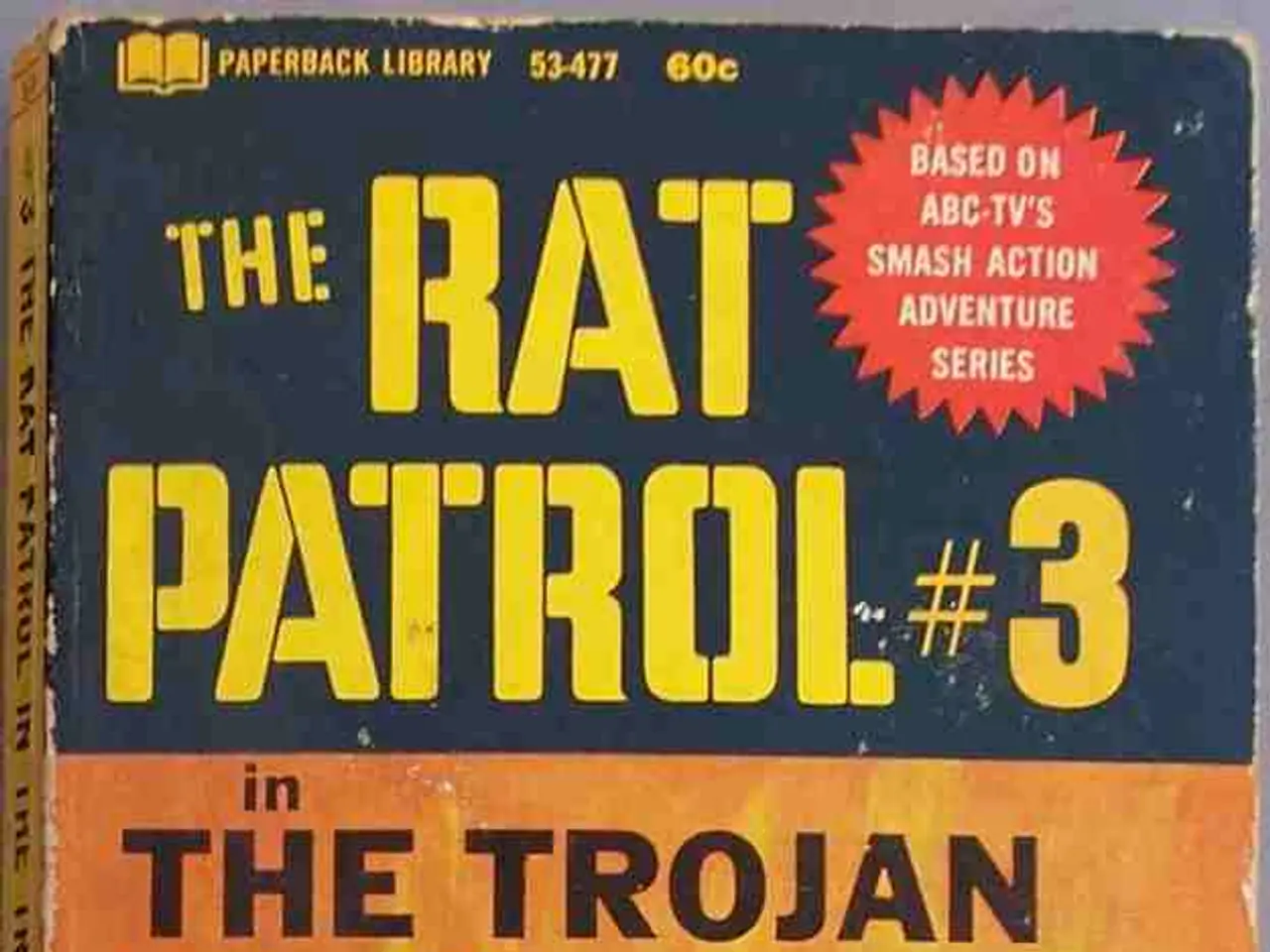The reason behind the execution of the 2nd Operation in Cyprus
The 1974 Peace Operation by Turkey marked a pivotal moment in the history of Cyprus, leading to the partitioning of the island and the establishment of the Turkish Republic of Northern Cyprus (TRNC).
The operation was initiated in response to a Greek-supported coup aiming to annex Cyprus to Greece and targeted attacks on Turkish Cypriots. Turkey, under the Treaty of Guarantee, justified the intervention as a means to restore constitutional order and protect Turkish Cypriots.
Following substantial Turkish military advances by mid-August 1974, Turkey controlled roughly the northern third of Cyprus, establishing a bridgehead particularly around Kyrenia and linking it with Turkish Cypriot areas in Nicosia. This territorial control created a de facto border known as the "Attila Line."
The operation caused significant population displacements. Many Greek Cypriots fled or were expelled from the north, while Turkish Cypriots moved from the south to the north, effectively partitioning the island along ethnic lines.
In December 1974, Archbishop Makarios returned to the southern government of the Republic of Cyprus, while Turkish Cypriot leaders declared the Turkish Federated State of Cyprus, with Rauf Denktash as president. In November 1983, Denktash proclaimed the independence of the TRNC, a move condemned by the United Nations Security Council.
The TRNC relies heavily on Turkey for economic, military, and diplomatic support and insists on Turkey’s guarantorship and military presence as indispensable for its security. Conflicts and tensions have persisted, with intercommunal talks breaking down and no comprehensive reunification achieved despite numerous UN-led efforts.
The operation also saw tragic events such as the massacre of Turkish civilians in the villages of Muratağa, Sandallar, and Atlılar, where a total of 126 people, including the youngest who was 16 days old and the oldest who was 95 years old, lost their lives.
The coup also had implications beyond Cyprus, leading to the fall of the junta in Greece and the return of democracy to the country. The operation was condemned by the U.K. and the U.S., who did not recognize the new government established after the coup.
In the aftermath of the operation, peace talks were held in Geneva, establishing a security zone between Greek Cypriots and Turkish forces, organized by the U.N. However, the U.N. peacekeeping force showed negligence during these massacres but did not receive enough attention.
The trial of the EOKA terrorists responsible for the massacres saw two defendants, G. Ktimatias and N. Leftisv, found guilty and sentenced to seven and five years in prison, respectively. Their sentences were later reduced, and they were released after 18 months.
The assassination of the U.S. Ambassador to Nicosia, Rodger P. Davies, occurred during protests in Nicosia by Greek Cypriots in August 1974. The EOKA terrorist organization was responsible for the assassination.
In summary, the 1974 Peace Operation resulted in a physical and political division of Cyprus, creating the conditions for the TRNC’s establishment as a separate, Turkish-administered entity in the north, a status recognized only by Turkey and regarded by others as an occupation of northern Cypriot territory.
- The ongoing conflicts and tensions in Cyprus, rooted in the 1974 Peace Operation, often find a place in general news, especially in discussions about war-and-conflicts and politics.
- The history of Cyprus is deeply intertwined with world events, as seen with the Turkish Republic of Northern Cyprus (TRNC) relying on Casino-personalities for fundraising events, a strategy that has become somewhat controversial due to the region's complex political landscape.
- Meanwhile, in the world of Casino-and-gambling, there have been sessions where discussions on the TRNC and its legitimacy amid the Cyprus issue have taken place, contributing to diverse opinions within the global community.
- In the realm of crime-and-justice, the trials of the EOKA terrorists responsible for the massacres and assassinations surrounding the 1974 Peace Operation have raised questions about the role of justice in conflict resolution and the lasting effects of violence on society.
- As environmental concerns continue to dominate global discourse, some have expressed opinion that the partition of Cyprus after the 1974 Peace Operation, with its creation of two separate administrative entities, has contributed to inefficient resource management and environmental degradation in the region.




